Estimated reading time: 4 minutes
The cover and the title of this peculiar novel suggest that its subject is J. Robert Oppenheimer and the long shadow he cast following the first nuclear weapons test at Los Alamos. In any case, that’s why I chose to read it. And I was disappointed, to say the least, that it isn’t. Louisa Hall’s 2018 novel, Trinity, piggybacks on a skeletal account of that test to string together seven “testimonials” by people who had brief encounters with him over the course of his lifetime. Not his friends or colleagues, but people who saw him as a distant figure. And they’re not testimonials. Instead, they’re rambling oral histories and anguished reflections about the narrators’s own lives. And not very interesting ones at that.
A sad excuse for a novel
Hall’s narrators include a US Army intelligence officer assigned to track Oppenheimer in 1943, a WAC who worked at Los Alamos, an invented secretary, and a journalist interviewing him for a final interview shortly before his death in 1966. Every one of them wanders far off the subject of Oppenheimer or the bomb and dwells on difficult episodes in their lives. One especially long and boring account is the journalist’s story of her husband’s betrayal and her own remorse at driving him away. Hall’s writing style is accomplished. But it’s squandered on this sad excuse for a novel.
Trinity by Louisa Hall (2018) 326 pages ★★☆☆☆
Is there a point to all this?
Admittedly, one theme emerges from these disparate stories: the difficulty of really knowing another person. And it’s driven home by the fact that none of Hall’s narrators ever knew him at all well. Some spent only minutes in his company. But, from my perspective, that’s a heavy-handed way to make the point. I wish I hadn’t wasted my time on reading this book. And I can’t even understand why I did.
About the author
Louisa Hall was born in Philadelphia in 1982. She received a BA in English from Harvard College and holds a PhD in Literature from the University of Texas at Austin, where she taught literature and creative writing. She is now an Assistant Professor of Creative Writing at the University of Iowa.
Hall is the author of four critically acclaimed novels, including Trinity, and a widely published poet as well. She lives in Iowa City with her family.
For related reading
Unaccountably, the New York Times welcomed this novel with open arms. Its reviewer, Andrea Barrett, called it Hall’s “brilliant third novel” and “a richly imagined, tremendously moving fictional work.” See “The Life of J. Robert Oppenheimer, Imagined Through His Collisions With Others” (November 19, 2018).
You’ll find great novels instead at:
- 25 most enlightening historical novels
- The 15 best espionage novels
- Top 10 great popular novels
- 10 great biographies
And you can always find my most popular reviews, and the most recent ones, on the Home Page.

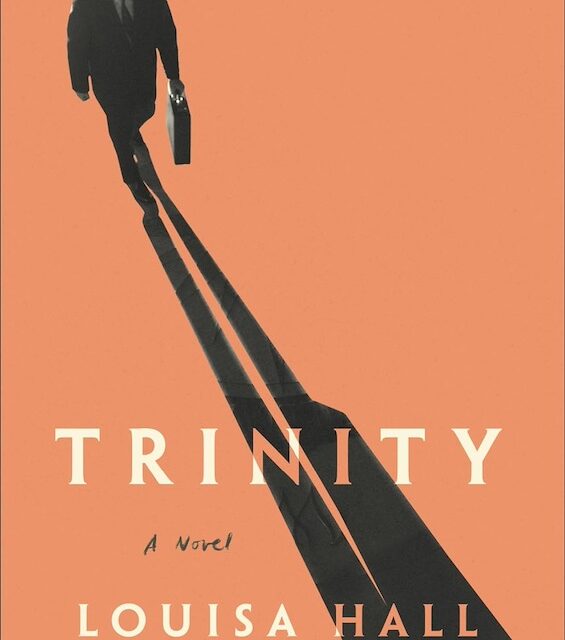
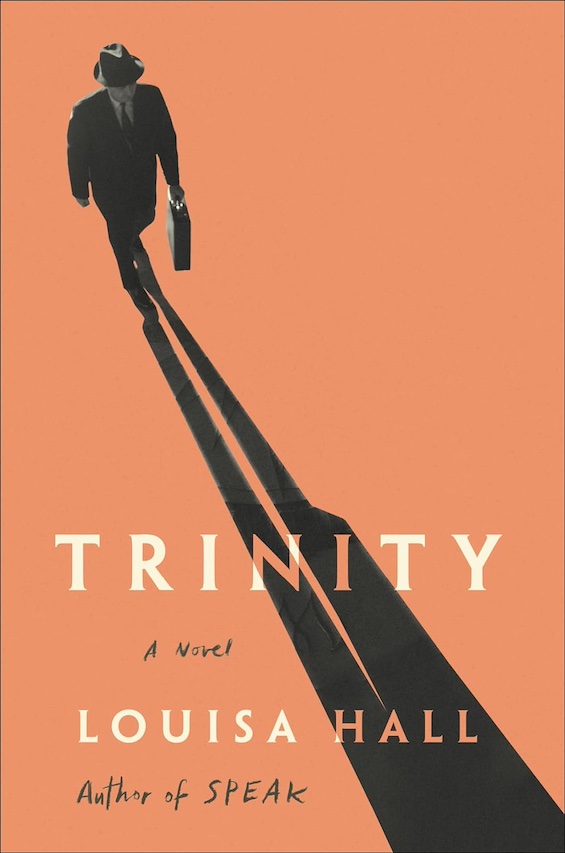
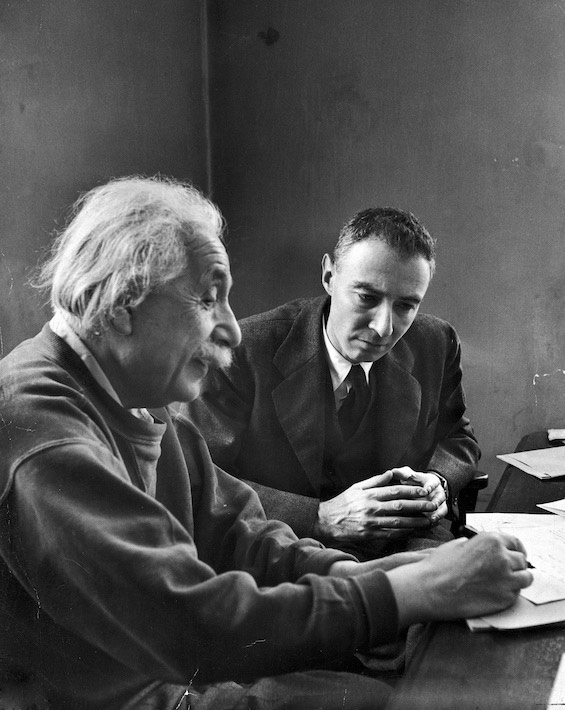
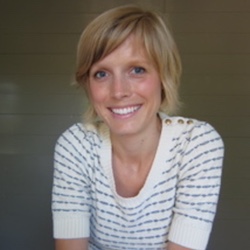
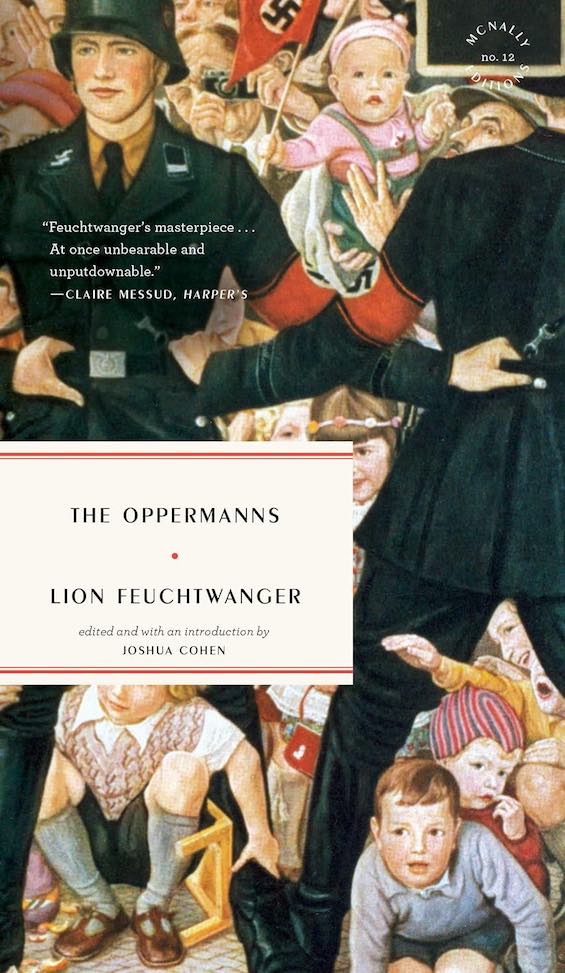
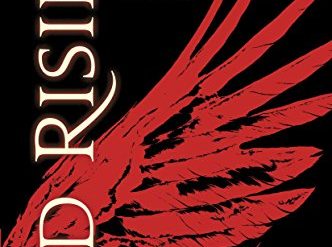
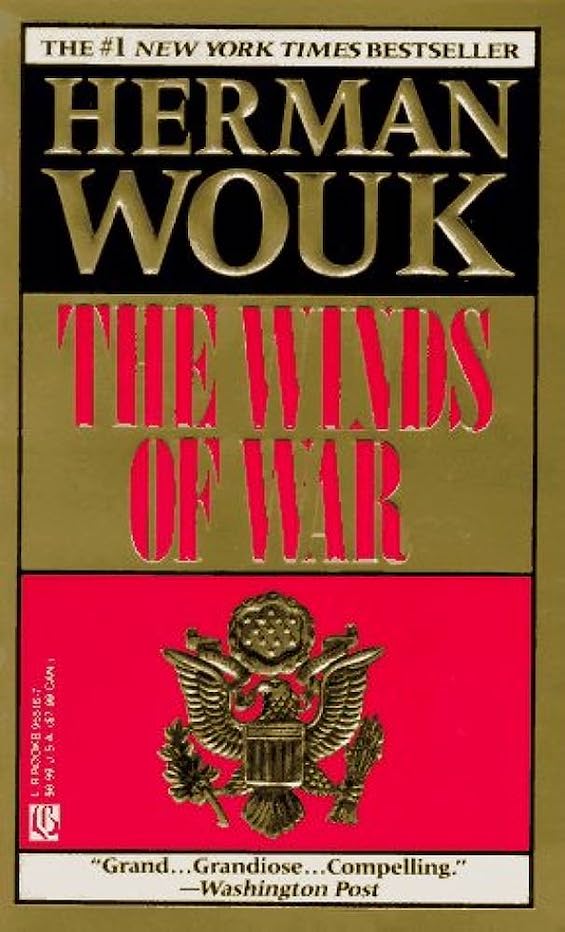
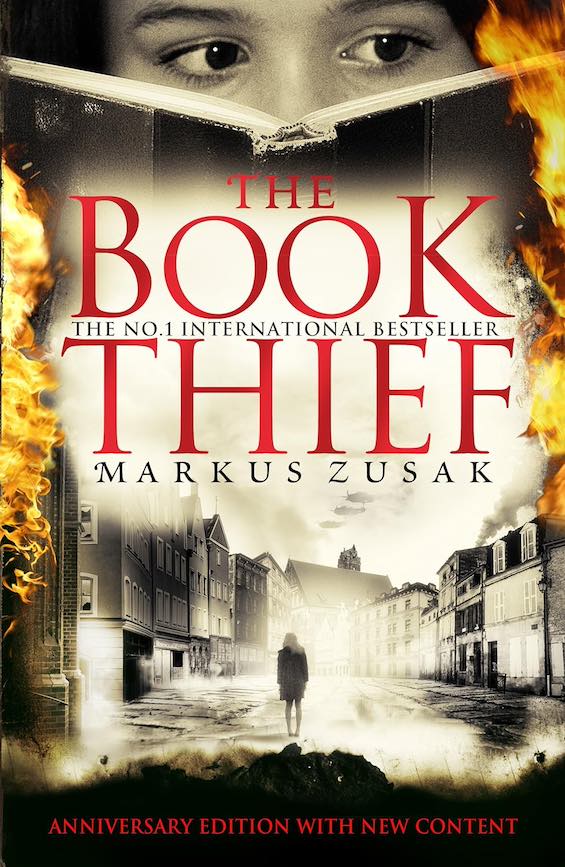
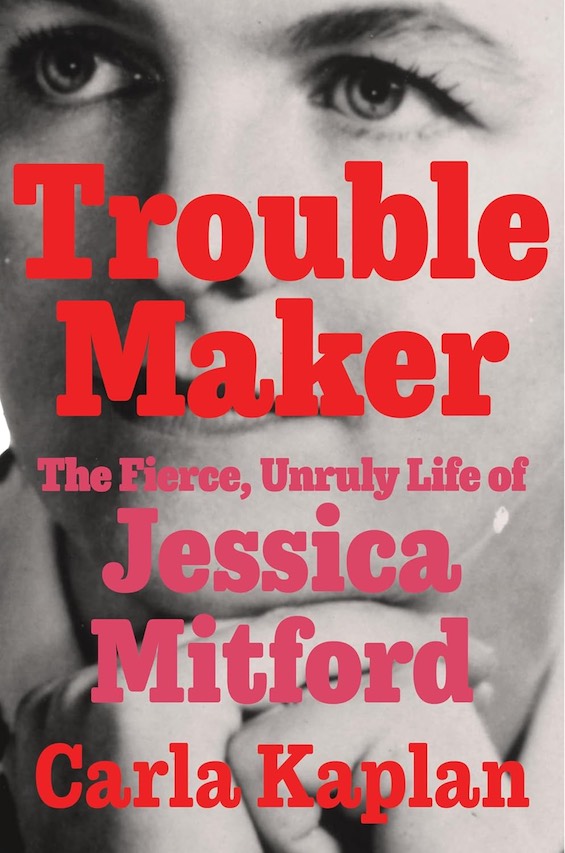

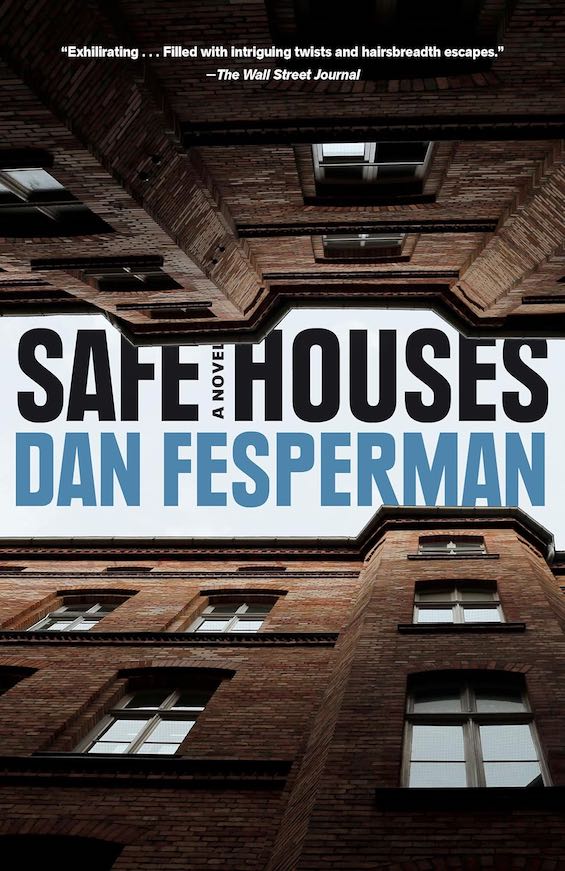
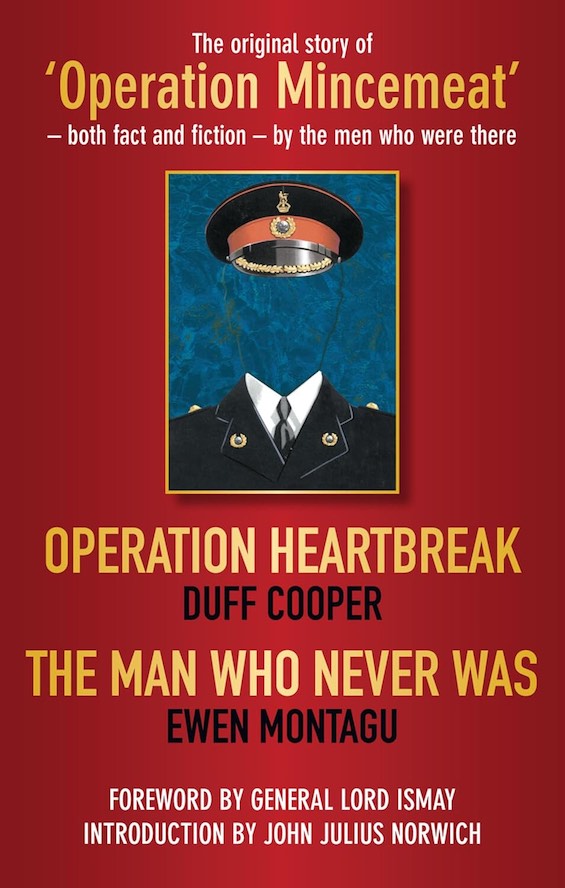
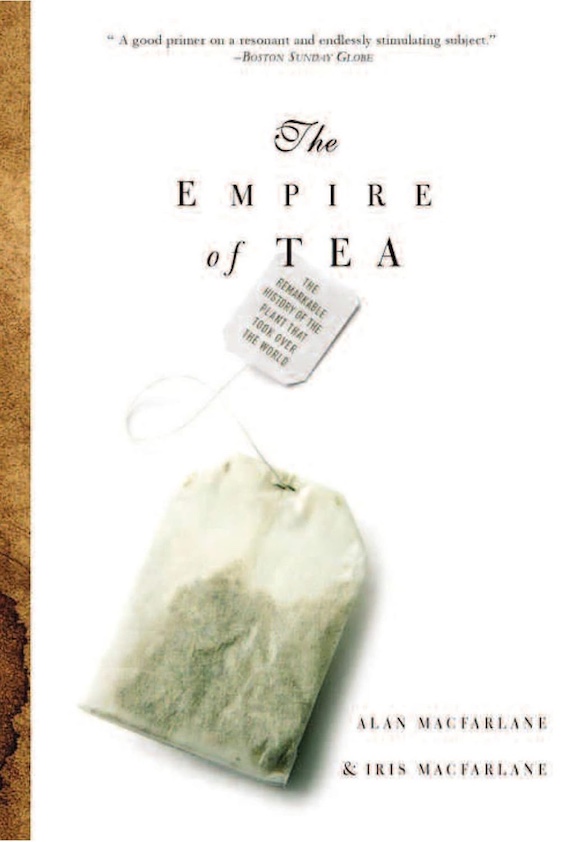
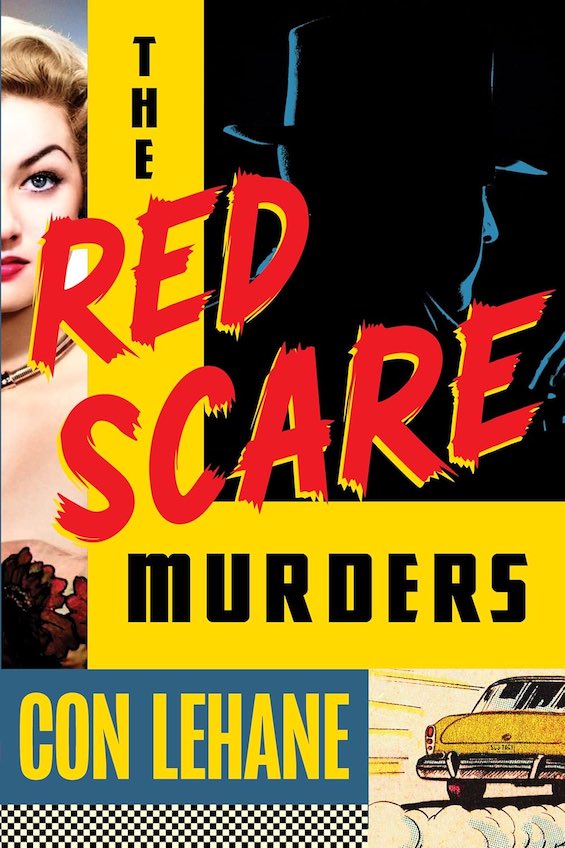
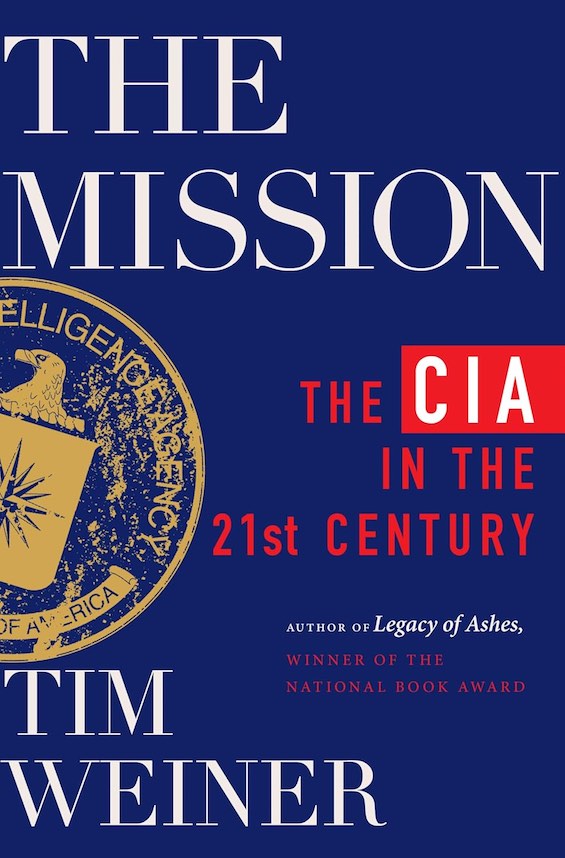
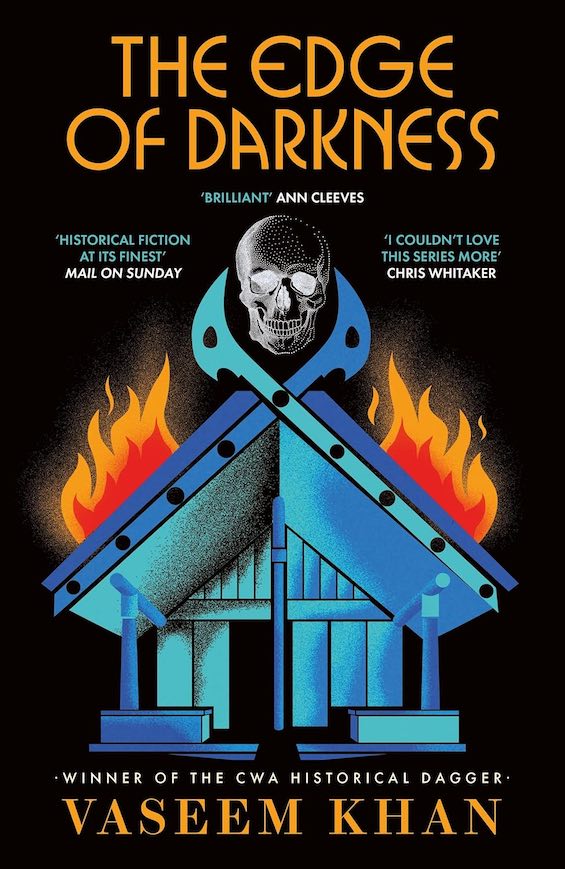
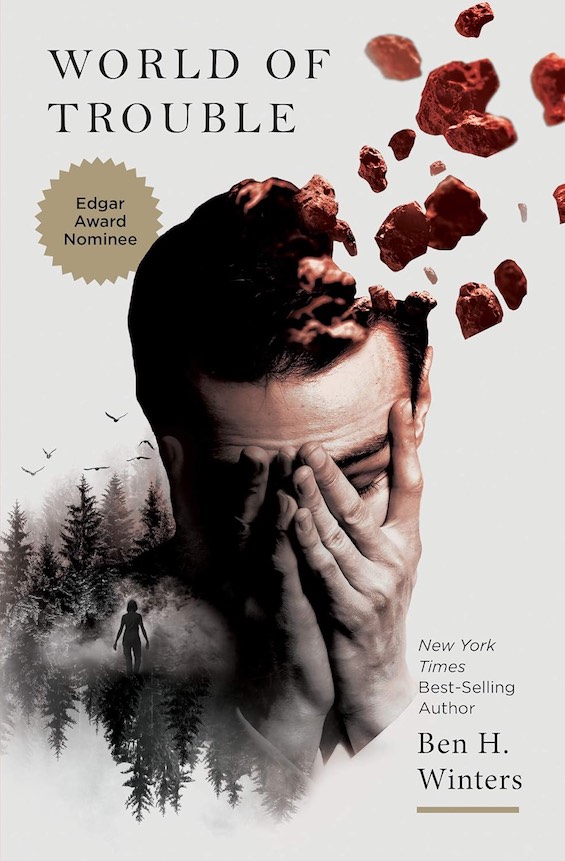
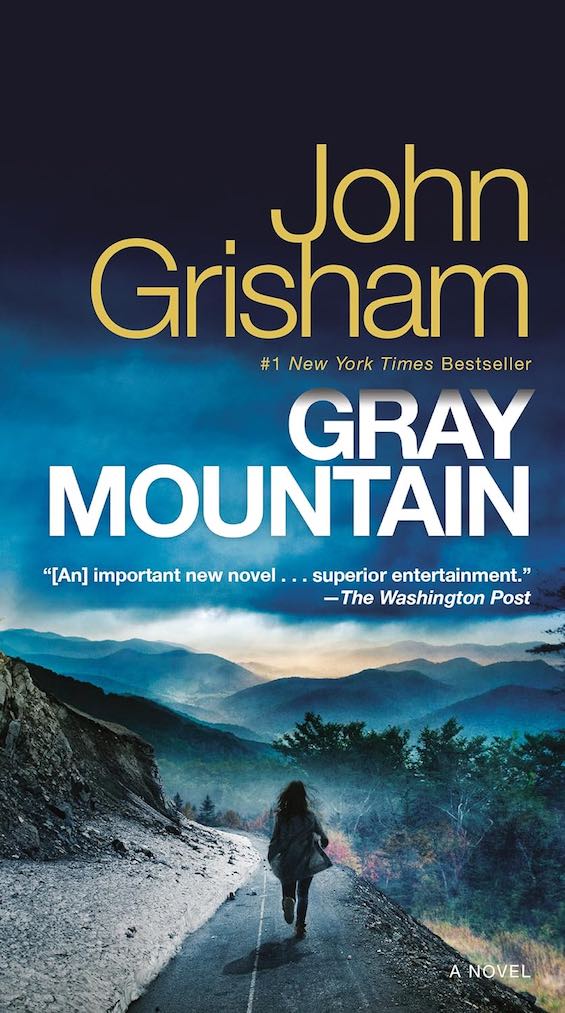
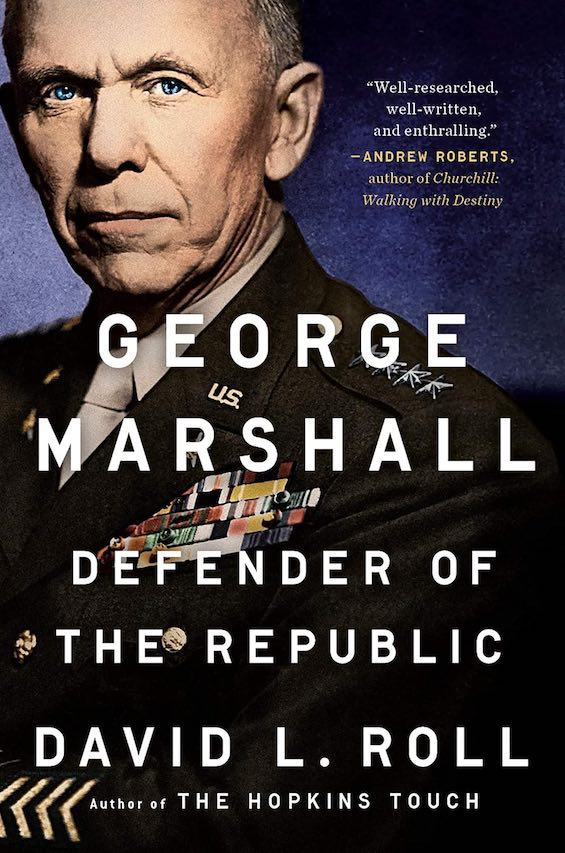
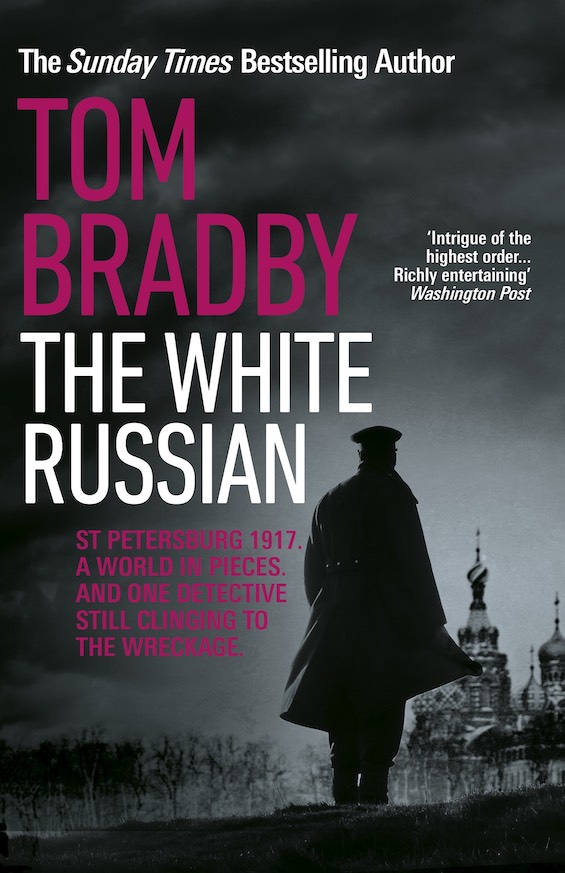
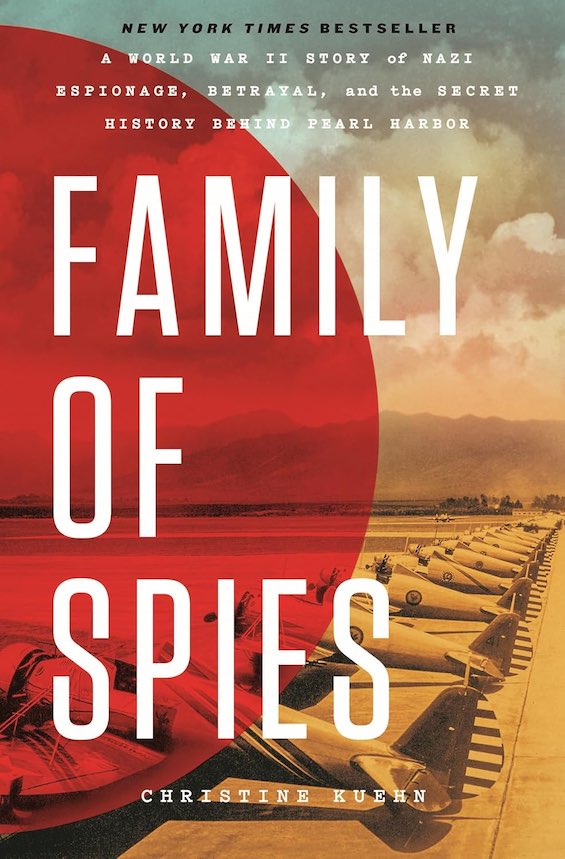
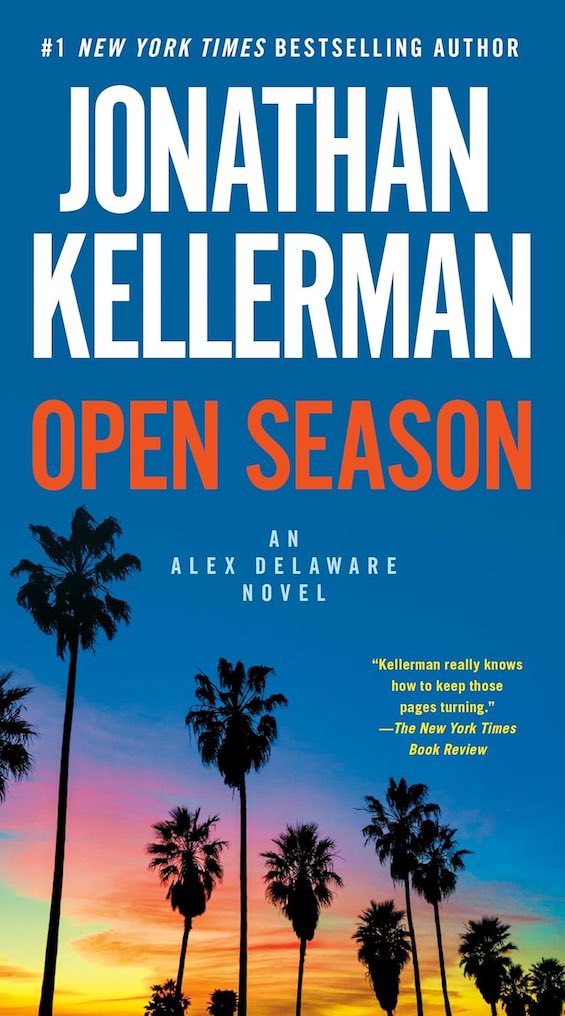

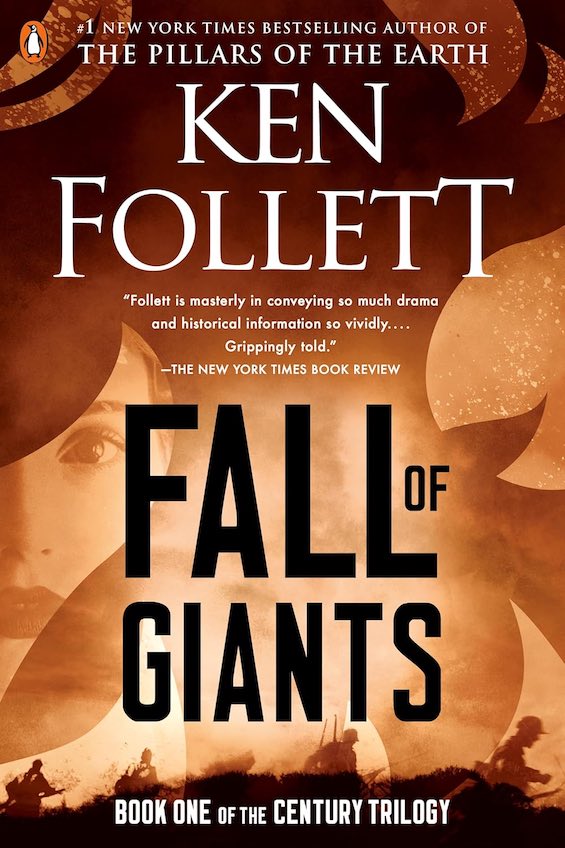
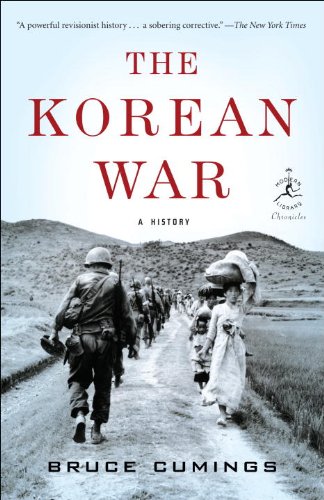
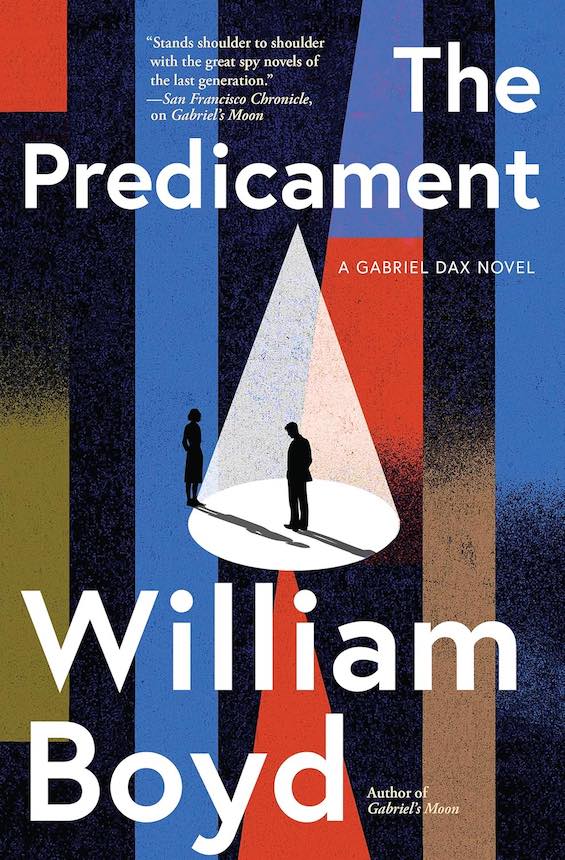






I have come to trust your judgment. In a world awash in books and self-congratulation
it is so good to be able to rely on another’s sound judgment about what is worth our time
to read. Thank you.
Thank you so much for the kind words. You, and a few others like you, are the reason I write these reviews.